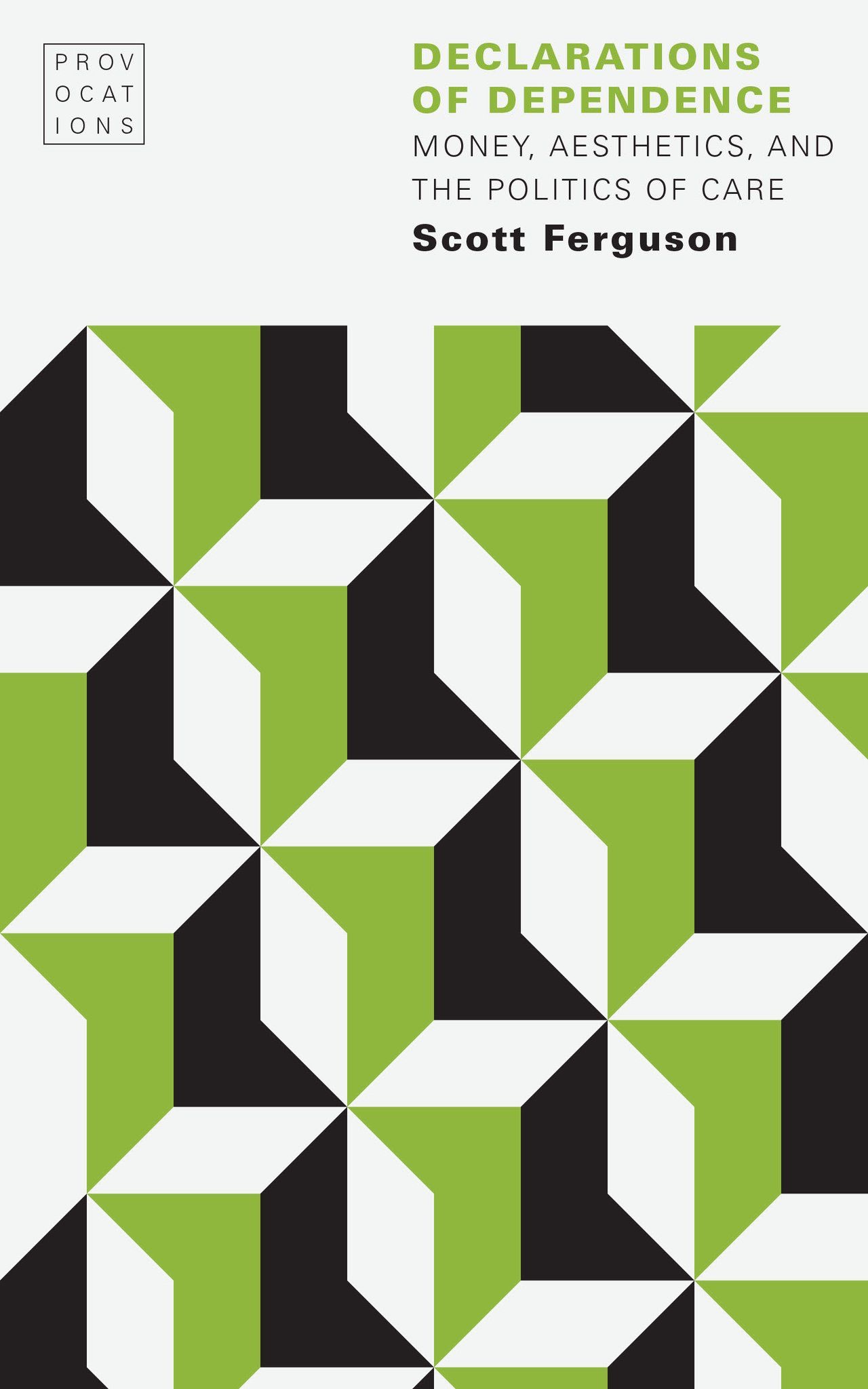Human being is born and remains dependent, yet everywhere she is abandoned. Today, so many yearn to be free from the governing center, but they are more reliant upon its care than they know. Traditionally, critique has answered care’s entanglements by insisting that money enslaves and the aesthetic saves. Yet neoliberal fecklessness has revealed the impotence of this dialectic, requiring us to set the historical relation between money and aesthetics on more capacious foundations. For this, critical theory must desert the Marxist image of money as a private, finite, and alienable quantum of value. Instead, it should embrace the heterodoxy of Modern Monetary Theory, for which money is a boundless public center that can be made to support all.
Seize the money relation!
Enlist the aesthetic in money’s expansion!
Hail money as the center of caretaking!
Declare your dependence on care’s center!
Relinquish attachments to thisness!
Imagine a boundless public center!
Never forsake abstraction for gravity’s attractions!
Exalt abstraction as the locus of care!
Praise
About the Author
Scott Ferguson is an assistant professor in the Department of Humanities and Cultural Studies at the University of South Florida. He is a research scholar at the Binzagr Institute for Sustainable Prosperity.

